DASD School Board is separated into 9 regions. Each region represents several voting precincts. If you are unsure which voting precinct you reside, click here to find your precinct by entering your address.

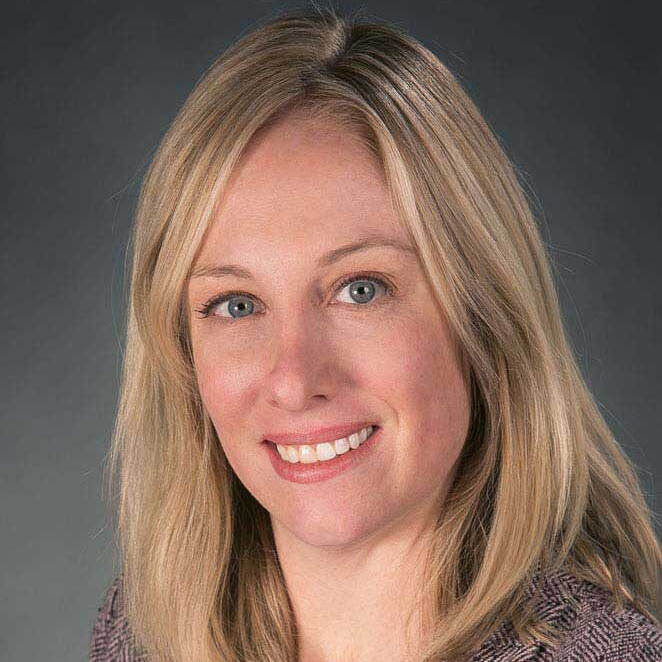
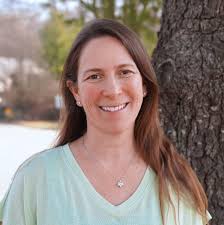

Township Offices – Upper Uwchlan
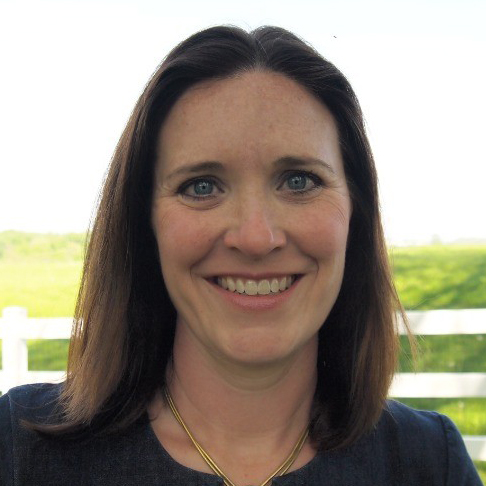

Township Offices – Uwchlan
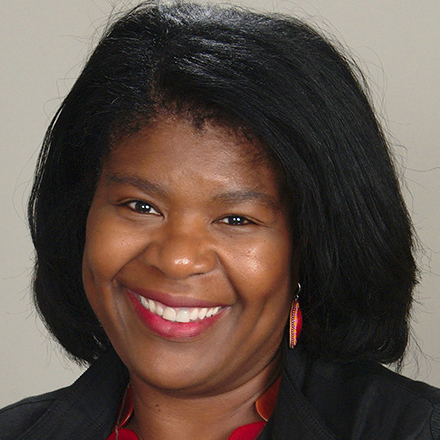
My role as a JAG Attorney in the U.S. Air Force, where I provided legal counsel and developed programs to address complex challenges, reinforced my commitment to integrity, service, and reverence for the law.
Service to others has always been at the heart of who I am—whether being an adult literacy tutor, helping to support area flood victims, or serving as a board member of area social service organizations. These experiences have equipped me with the insight and skills to make informed decisions and advocate for our community's needs.
My husband, Dr. George Villarose, our son, and I have lived in Uwchlan Township for many years. We love this community and all that it has to offer. Serving as your Supervisor will allow me to contribute to this wonderful community that has made this Chicago native proud to call Uwchlan Township home.
If elected, I will commit to fostering responsible growth, improving our policies, and ensuring Uwchlan Township thrives for generations to come.
Uwchlan Township Board of Supervisors look after the general governance of the Township and make decisions to support the health, safety, and wellbeing of our residents.
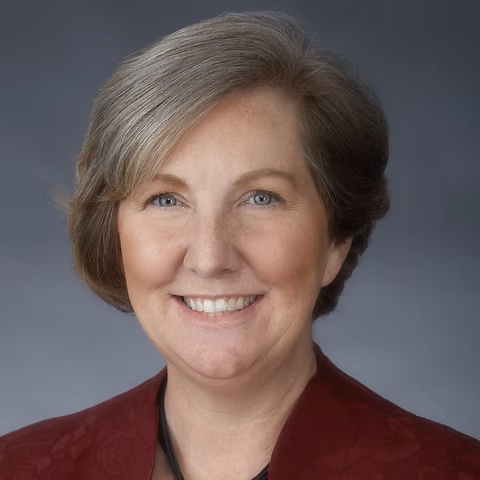
The local tax collector is charged with the responsibility of collecting municipal and school real estate taxes as well as personal taxes levied pursuant to the municipal codes.
Chester County Offices

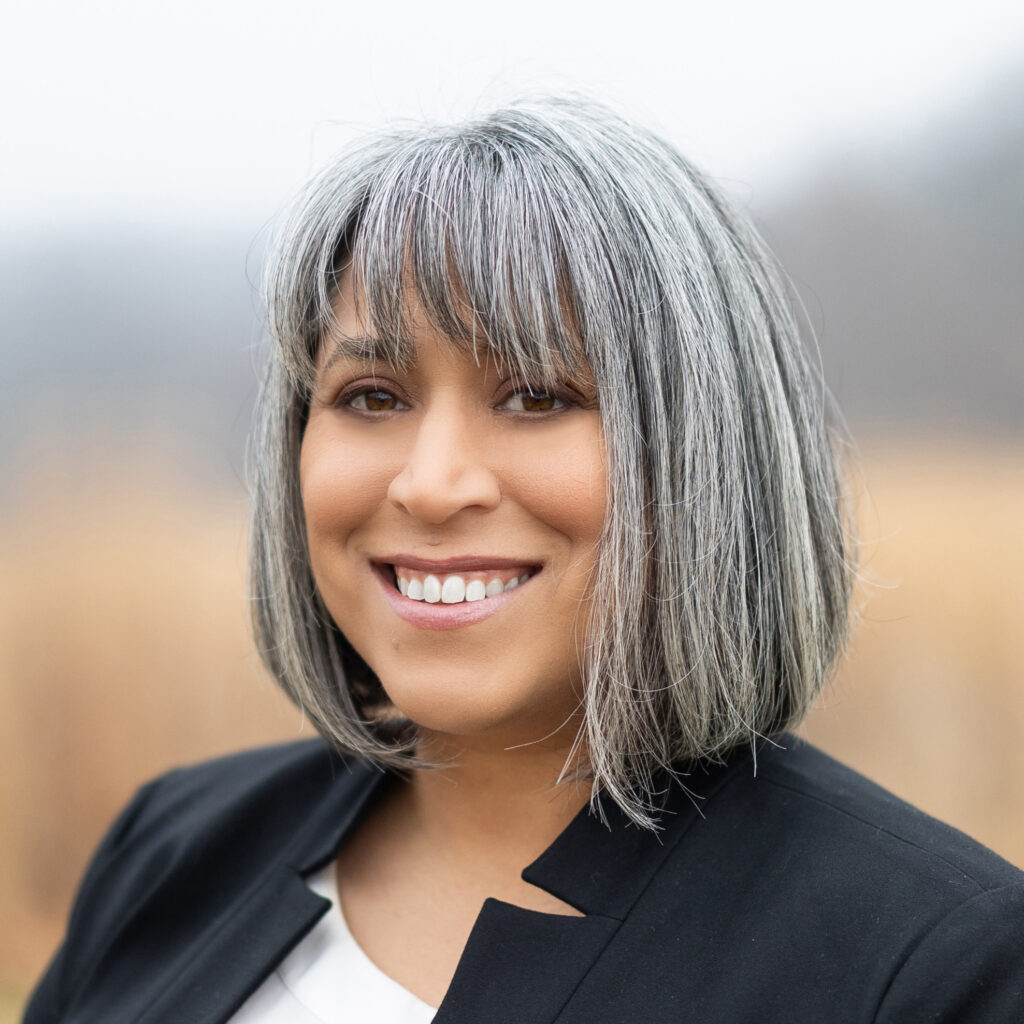
Originally from Wyoming, Caroline has been active in local party politics since moving to Chester County. She has served as the Zone Leader for the Great Valley Democrats and on the CCDC Training Committees and Candidate Endorsement Recommendation Committees. The proud mom of two boys, Caroline and her husband (and childhood sweetheart), Evan, are raising their family in Malvern.
The Clerk of Courts manages all paperwork for all criminal cases in the Chester County Court of Common Pleas. This office handles approximately 5,000 – 6,000 criminal cases each year.

The County Code requires the Controller to maintain custody and stewardship of all County contracts. All such documents are recorded to insure that the physical documents are received after they are approved by the Board of Commissioners. The Controller perpetually monitors all contract, agreement and lease payments to ensure that no payment exceeds the limits or terms of those documents.

The Chester County Coroner's Office is an independent agency serving the citizens and honoring the deceased of the county by investigating the facts and circumstances concerning jurisdictional deaths which have occurred within Chester County.
Judicial Offices
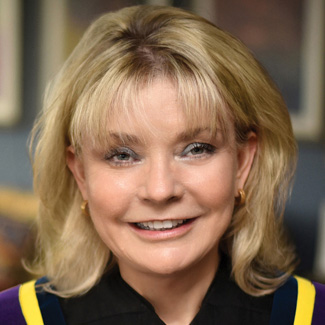
Prior to her service as a Supreme Court Justice, Justice Donohue served on the Superior Court of Pennsylvania for eight years.
She was born in Schuylkill County and was raised in Lansford in Carbon County. She attended Marian High School in Hometown, PA. After receiving her Bachelor Arts degree from East Stroudsburg University, she moved to the Shamokin area in Northumberland County and was employed by SEDA-Council of Governments in Lewisburg as an environmental project coordinator for two years. Justice Donohue moved to Pittsburgh to attend the Duquesne University School of Law where she earned her Juris Doctor degree and served on the Duquesne Law Review.
As a lawyer, Justice Donohue was a civil trial lawyer and litigator for 27 years. She was a shareholder in the law firm, Buchanan Ingersoll & Rooney, P.C. and was the practice manager of the commercial litigation department in its predecessor firm, Klett Rooney Lieber & Schorling, P.C. While in practice, she held the AV rating from Martindale-Hubbell, she was listed in Best Lawyers in America, Pennsylvania Super Lawyers and the Top 50 Attorneys in Pittsburgh. She is an elected Fellow of the American College of Trial Lawyers, International Academy of Trial Lawyers, Academy of Trial Lawyers of Allegheny County and the American Board of Trial Advocates. She is a past president of the Western Pennsylvania Trial Lawyers Association.
Justice Donohue is a former judge on the Pennsylvania Court of Judicial Discipline, a former chair and member of the Pennsylvania Board of Law Examiners and the Pennsylvania Judicial Conduct Board, and a former member of the Disciplinary Board of the Supreme Court of Pennsylvania.
The PA State Supreme Court is Pennsylvania's highest court, serving as the final interpreter of state law and the Constitution, supervising the state's judicial system, and regulating attorney conduct and the practice of law. It primarily hears discretionary appeals from lower courts but also has direct appeal jurisdiction in specific cases, such as those involving a death sentence or issues of public importance. The court ensures a single, integrated judicial system and has the authority to issue general rules for court procedures and manage the judicial budget.
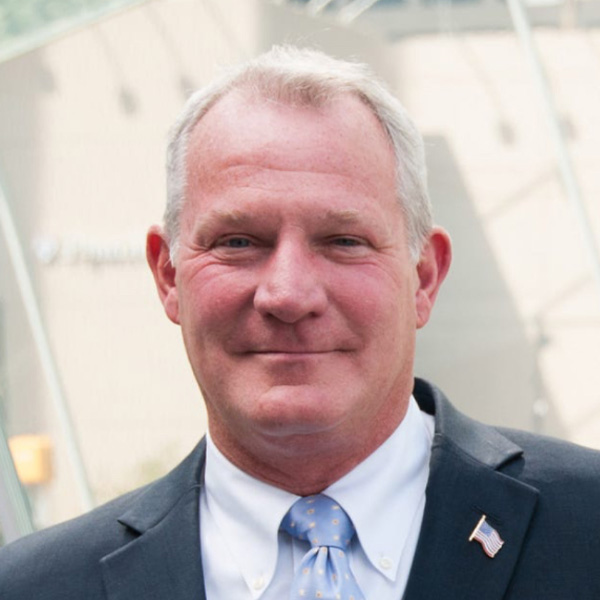
Justice Kevin M. Dougherty graduated from Temple University, and then attended Antioch School of Law in Washington, DC. Following that he started his legal career as an assistant district attorney in Philadelphia, and later went into private practice.
In 2001, Dougherty was appointed to the Philadelphia Court of Common Pleas, and he won election to a full 10-year term later that year. Justice Dougherty requested to be assigned to Family Court because he felt that he could influence the lives of our most vulnerable citizens and help mold troubled youth into happy, healthy, and productive members of society.
In recognition of his administrative skills and commitment to reforming the juvenile justice system, the Pennsylvania Supreme Court appointed Justice Dougherty to be Administrative Judge of the Philadelphia Family Court in 2005 eventually serving as the longest Administrative Judge in Philadelphia history. In this capacity, Justice Dougherty initiated numerous diversionary programs benefiting the most at-risk and vulnerable children in Philadelphia including the Cross-Over Program, the Adolescent Medicine Initiative, and the Expungement Initiative.
In 2014, Justice Dougherty was reassigned as the Administrative Judge of the Trial Division, First Judicial District, as such ran the largest court system in Pennsylvania while serving as Chair of the Administrative Governing Board.
Justice Dougherty was elected to the Supreme Court of Pennsylvania on November 3rd, 2015. With a passion for issues facing children and families, Justice Dougherty alongside his fellow Justices has taken a keen interest in making the Unified Judicial System of Pennsylvania a model for the country when it comes to issues such as access to justice, alternative sentencing, transparency within the court system, and most importantly keeping an open dialogue between the various stakeholders within the judicial branch of government. In addition, he proudly represents the Supreme Court on both the Statewide Dependency Court Improvement Program, the Autism and the Courts Initiative, and the new Supreme Court Behavioral Health Initiative.
The PA State Supreme Court is Pennsylvania's highest court, serving as the final interpreter of state law and the Constitution, supervising the state's judicial system, and regulating attorney conduct and the practice of law. It primarily hears discretionary appeals from lower courts but also has direct appeal jurisdiction in specific cases, such as those involving a death sentence or issues of public importance. The court ensures a single, integrated judicial system and has the authority to issue general rules for court procedures and manage the judicial budget.
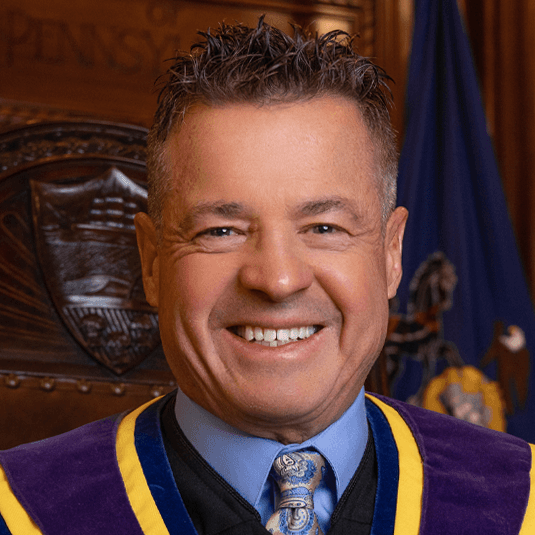
- Upheld the Pennsylvania Constitution’s “free and equal elections” clause and prevented extreme partisan gerrymandering
- Protected the Pennsylvania Constitution’s guarantee of a “thorough and efficient system of public education”
- Preserved Pennsylvanians’ constitutional right to “clean air, pure water, and … natural … environment”
- Protected women’s privacy rights and healthcare choices
- Defended the rights of Pennsylvania’s consumers
The PA State Supreme Court is Pennsylvania's highest court, serving as the final interpreter of state law and the Constitution, supervising the state's judicial system, and regulating attorney conduct and the practice of law. It primarily hears discretionary appeals from lower courts but also has direct appeal jurisdiction in specific cases, such as those involving a death sentence or issues of public importance. The court ensures a single, integrated judicial system and has the authority to issue general rules for court procedures and manage the judicial budget.
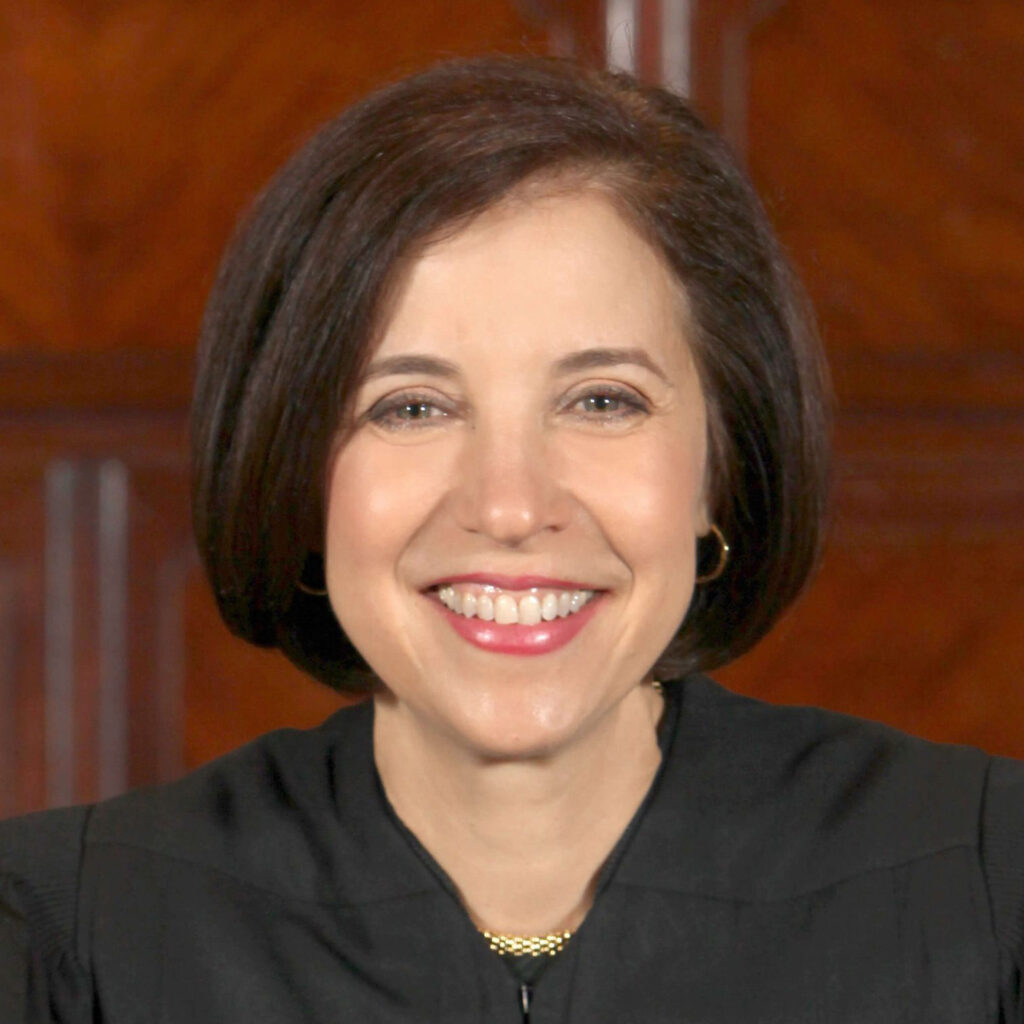
Her impressive judicial career, built on a foundation of extensive legal expertise and unwavering commitment to justice, makes her exceptionally qualified to continue serving the citizens of Pennsylvania.
Before joining the Superior Court, she served eight years on the Court of Common Pleas in Philadelphia County. Her prior legal career included roles as Deputy General Counsel at Drexel University, Divisional Deputy City Solicitor, and attorney at prominent firms Wolf, Block, Schorr and Solis-Cohen, and Fineman and Bach. These diverse roles have given her a broad understanding of how legal rulings affect communities, institutions, and individuals across Pennsylvania.
A University of Pennsylvania graduate, cum laude, and Penn Law alumna, Judge Dubow began her career clerking for the Honorable Edward G. Biester. She has been honored with awards such as the Brandeis Society’s “Justice, Justice, You Shall Pursue” Award, the Howard Lesnick Pro Bono Award from Penn Law, and recognition from the Lawyers’ Club of Philadelphia.
Her leadership extends into judicial reform and education, having chaired the Juvenile Procedural Rules Committee, served as Vice Chair of the Continuing Judicial Education Board, and contributed as a member of both the Judicial Conduct Board and the American Law Institute.
Committed to community service, she currently sits on, or has previously served on, the boards of the Stoneleigh Foundation, Carson Valley Children’s Aid, and the Beck Institute for Cognitive Behavioral Therapy. A lifelong Southeast Pennsylvania resident, Judge Dubow is a wife, mother, dog lover, and proud grandmother. She comes from a family of trailblazing women in law—her mother, Phyllis Beck, was the first woman on Superior Court, and her daughter, Rebecca, is a practicing attorney in New York.
Judge Dubow’s rich legal experience, community involvement, and family legacy reflect her deep understanding of the real-world impact of judicial decisions and her enduring service to the people of Pennsylvania.
The Pennsylvania Superior Court is a statewide appellate court that reviews civil and criminal cases appealed from the Courts of Common Pleas. It is one of two intermediate appellate courts in Pennsylvania, the other being the Commonwealth Court. The Superior Court is often the final arbiter of legal disputes. The Supreme Court may grant a petition to review a decision of the Superior Court, but most petitions are denied and the ruling of the Superior Court stands. Cases are usually heard by panels of three judges sitting in Philadelphia, Harrisburg or Pittsburgh, but may also be heard en banc by nine judges. The Superior Court often travels to locations throughout Pennsylvania to hear cases.
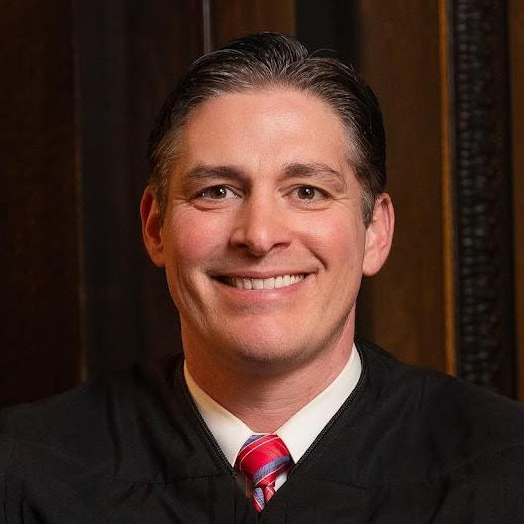
Prior to taking the bench Judge Neuman was elected to four terms to the Pennsylvania House of Representatives. During his service to the people as a State Legislator, he authored legislation to reform the processing of rape kits, which would end the backlog. This protects victims and ensures criminals are quickly brought to justice.
Neuman also served on the House Judiciary Committee, Pennsylvania Commission on Crime Delinquency, Pennsylvania Commission on Sentencing, Chair of the Offense-Related Guidelines Review Subcommittee, as well as Interstate Commission for Juveniles.
Before being elected to the state legislature, Neuman was a trial lawyer handling complex civil litigation and representing victims who have been neglected or abused in nursing homes.
A lifelong resident of Washington County, he is a proud class of 2000 graduate of Canon McMillan. Judge Neuman earned his Undergraduate Degree at the University of Richmond and Juris Doctorate at Duquesne University Kline School of Law. Judge Neuman credits much of his success to the foundation built in Washington County.
Judge Brandon Neuman and his wife Carrie continue to live in Washington County, where they are raising their four children, Josephine, Abraham, Claire, and Violet, their two dogs, Macie and Daisy, and their cat, Reese.
The Pennsylvania Superior Court is a statewide appellate court that reviews civil and criminal cases appealed from the Courts of Common Pleas. It is one of two intermediate appellate courts in Pennsylvania, the other being the Commonwealth Court. The Superior Court is often the final arbiter of legal disputes. The Supreme Court may grant a petition to review a decision of the Superior Court, but most petitions are denied and the ruling of the Superior Court stands. Cases are usually heard by panels of three judges sitting in Philadelphia, Harrisburg or Pittsburgh, but may also be heard en banc by nine judges. The Superior Court often travels to locations throughout Pennsylvania to hear cases.
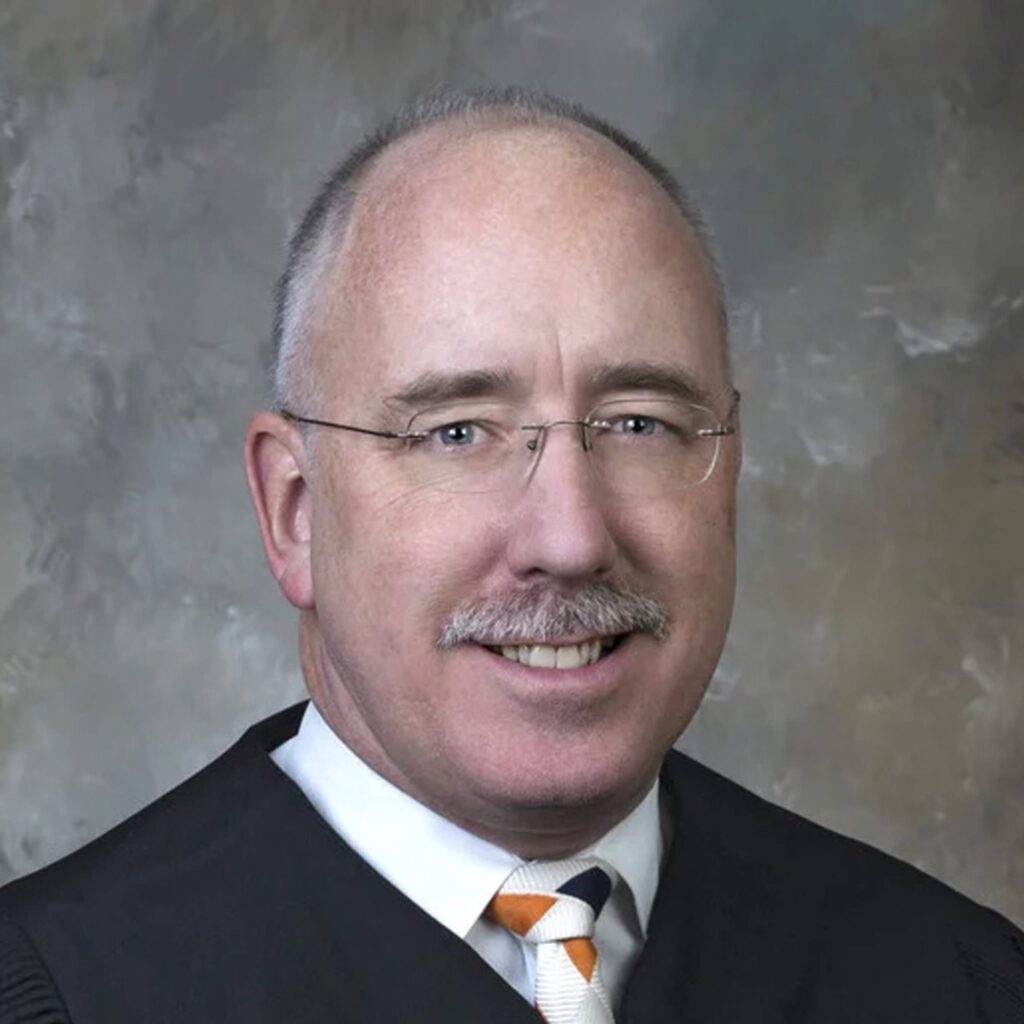
The Commonwealth Court was established in 1968 and is unique to Pennsylvania. It is one of Pennsylvania's two statewide intermediate appellate courts. The Commonwealth Court is primarily responsible for matters involving state and local governments and regulatory agencies. It also acts as a trial court when lawsuits are filed by or against the Commonwealth. Cases are generally heard by panels of three judges in Philadelphia, Harrisburg and Pittsburgh, although, on occasion, they may choose to hold court in other locations. Cases may also be heard by a single judge or by en banc panels of seven judges.
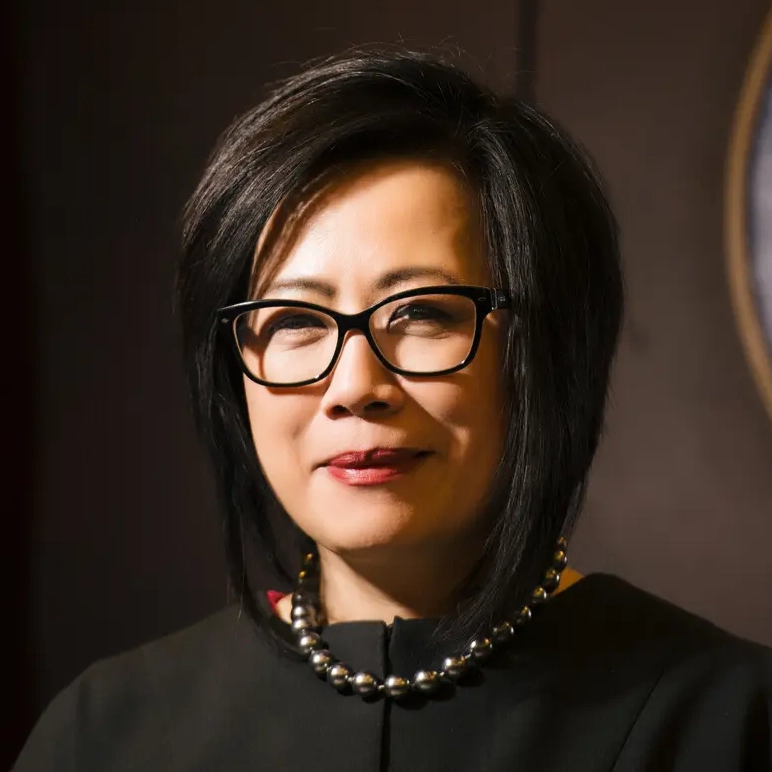
Born in Harrisburg, Pennsylvania, to immigrant parents who sought political and personal freedom in the United States, I developed a deep appreciation and respect for our democracy and the rule of law from an early age. I have called Philadelphia my home since 1985, where I have built a fulfilling life alongside my husband, Paul, and our two sons, Atticus and Emmett.
The Commonwealth Court was established in 1968 and is unique to Pennsylvania. It is one of Pennsylvania's two statewide intermediate appellate courts. The Commonwealth Court is primarily responsible for matters involving state and local governments and regulatory agencies. It also acts as a trial court when lawsuits are filed by or against the Commonwealth. Cases are generally heard by panels of three judges in Philadelphia, Harrisburg and Pittsburgh, although, on occasion, they may choose to hold court in other locations. Cases may also be heard by a single judge or by en banc panels of seven judges.

The Courts of Common Pleas are the general trial courts of Pennsylvania. They are organized into 60 judicial districts. Most districts follow the geographic boundaries of counties, but seven of the districts are comprised of two counties. Each district has from one to 93 judges and has a president judge and a court administrator.
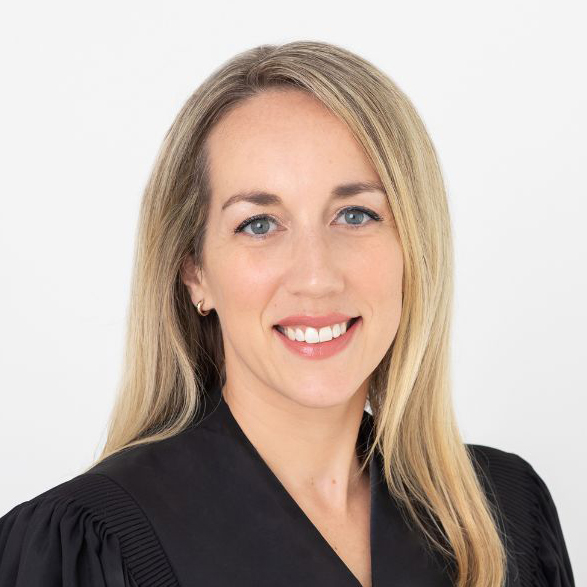
The Courts of Common Pleas are the general trial courts of Pennsylvania. They are organized into 60 judicial districts. Most districts follow the geographic boundaries of counties, but seven of the districts are comprised of two counties. Each district has from one to 93 judges and has a president judge and a court administrator.
